
Cărți de Fyodor Dostoyevsky

Fyodor Mikhailovich Dostoevsky (UK: , US: ; Russian: Фёдор Михайлович Достоевский, tr. Fyódor Mikháylovich Dostoyévskiy, IPA:[ˈfʲɵdər mʲɪˈxajləvʲɪdʑ dəstɐˈjefskʲɪj] (listen); 11 November 1821 – 9 February 1881), sometimes transliterated as Dostoyevsky, was a Russian novelist, short story writer, essayist, and journalist. Dostoevsky's literary works explore the human condition in the troubled political, social, and spiritual atmospheres of 19th-century Russia, and engage with a variety of philosophical and religious themes. His most acclaimed novels include Crime and Punishment (1866), The Idiot (1869), Demons (1872), and The Brothers Karamazov (1880). Dostoevsky's body of works consists of 12 novels, four novellas, 16 short stories, and numerous other works. Many literary critics rate him as one of the greatest novelists in all of world literature, as multiple of his works are considered highly influential masterpieces. His 1864 novella Notes from Underground is considered to be one of the first works of existentialist literature; this has resulted in Dostoevsky being looked upon as both a philosopher and theologian as well.
Born in Moscow in 1821, Dostoevsky was introduced to literature at an early age through fairy tales and legends, and through books by Russian and foreign authors. His mother died in 1837 when he was 15, and around the same time, he left school to enter the Nikolayev Military Engineering Institute. After graduating, he worked as an engineer and briefly enjoyed a lavish lifestyle, translating books to earn extra money. In the mid-1840s he wrote his first novel, Poor Folk, which gained him entry into Saint Petersburg's literary circles. Arrested in 1849 for belonging to a literary group that discussed banned books critical of Tsarist Russia, he was sentenced to death but the sentence was commuted at the last moment. He spent four years in a Siberian prison camp, followed by six years of compulsory military service in exile. In the following years, Dostoevsky worked as a journalist, publishing and editing several magazines of his own and later A Writer's Diary, a collection of his writings. He began to travel around western Europe and developed a gambling addiction, which led to financial hardship. For a time, he had to beg for money, but he eventually became one of the most widely read and highly regarded Russian writers.
Dostoevsky was influenced by a wide variety of philosophers and authors including Pushkin, Gogol, Augustine, Shakespeare, Scott, Dickens, Balzac, Lermontov, Hugo, Poe, Plato, Cervantes, Herzen, Kant, Belinsky, Byron, Hegel, Schiller, Solovyov, Bakunin, Sand, Hoffmann, and Mickiewicz.
His writings were widely read both within and beyond his native Russia and influenced an equally great number of later writers including Russians such as Aleksandr Solzhenitsyn and Anton Chekhov, philosophers Friedrich Nietzsche and Jean-Paul Sartre, and the emergence of Existentialism and Freudianism. His books have been translated into more than 170 languages, and served as the basis for many films.

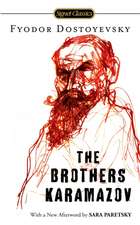
The Brothers Karamazov

Crime and Punishment

The Crocodile
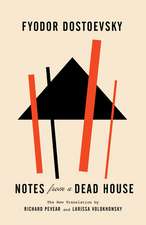
Notes from a Dead House

Notes from Underground & Other Stories

The Meek One
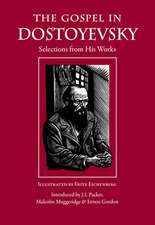
The Gospel in Dostoyevsky: Selections from His Works

Notes from the House of the Dead

The Gambler and Other Stories

The Idiot

The Karamazov Brothers: Vathek & Nightmare Abbey

Notes from Underground

Notes from Underground and the Double

Demons
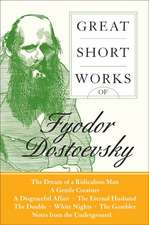
Great Short Works of Fyodor Dostoevsky
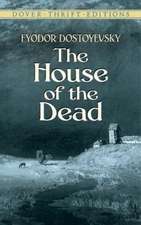
The House of the Dead

Crime and Punishment

Notes from Underground, White Nights, The Dream of a Ridiculous Man and House of the Dead

Demons

Crime and Punishment

Notes from the Underground

Humiliated and Insulted
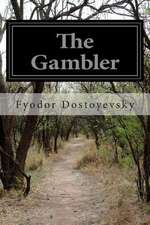
The Gambler
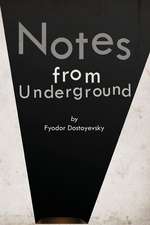
Notes from Underground

The Village of Stepanchikovo: And its Inhabitants: from the Notes of an Unknown
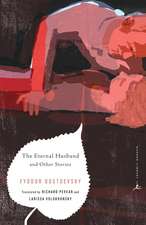
The Eternal Husband and Other Stories

A Disgraceful Affair: Stories

White Nights and Other Stories
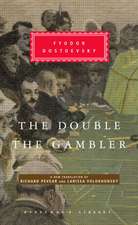
The Double and the Gambler
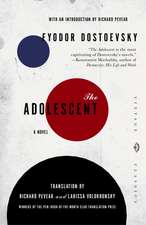
The Adolescent

The Eternal Husband and Other Stories

The Double
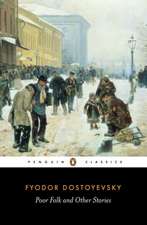
Poor Folk and Other Stories

Notes from the Underground
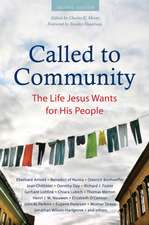
Called to Community

Short Stories

Notes from a Dead House

The Grand Inquisitor
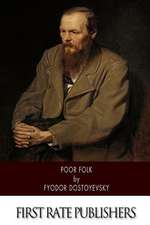
Poor Folk
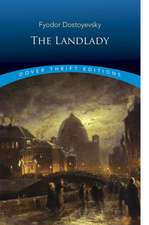
LANDLADY
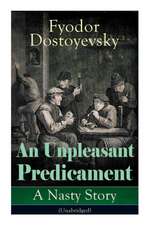
An Unpleasant Predicament

Arme Leute

Uncle's Dream and the Permanent Husband

Crime and Punishment: (Stage Version)

The Brother Karamazov

The Most Interesting Stories of All Nations
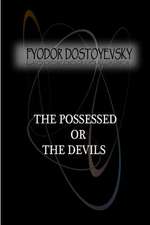
The Possessed Or, the Devils

Crimen y Castigo

El Jugador

The Possessed
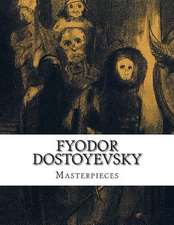
Fyodor Dostoyevsky, Masterpieces

Fyodor Dostoyevsky, Masterpieces II

The House of the Dead or Prison Life in Siberia
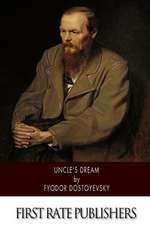
Uncle's Dream

The Double

The Eternal Husband
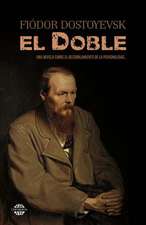
El Doble

El Arbol de Navidad

Los Hermanos Karamazov
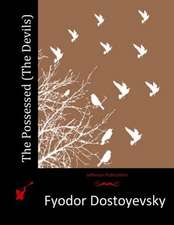
The Possessed (the Devils)

Prison Life in Siberia

Uncle's Dream; And the Permanent Husband
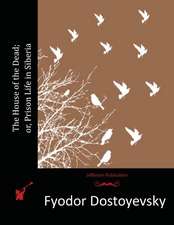
The House of the Dead; Or, Prison Life in Siberia

The Crocodile (Annotated)

A Gentle Spirit (Annotated)

The Grand Inquisitor (Annotated)

Poor Folk (Annotated)
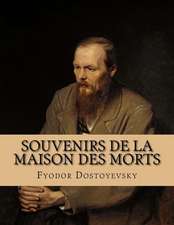
Souvenirs de La Maison Des Morts

The Dream of a Ridiculous Man

The Gentle Spirit

The Permanent Husband
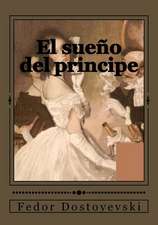
El Sueno del Principe
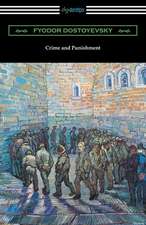
Crime and Punishment (Translated by Constance Garnett with an Introduction by Nathan B. Fagin)

Brothers Karamazov (Translated by Constance Garnett)
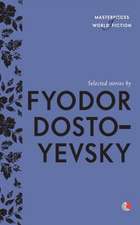
Selected Stories By Fyodor Dostoyevsky
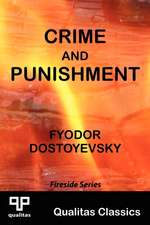
Crime and Punishment (Qualitas Classics)

Atillia Shrugged

The Brothers Karamazov

The Queen of Spades and Other Russian Stories: Dual Language Reader (English/Russian)

Notes from the Underground

The Grand Inquisitor

The Insulted and Injured: Being Tales and Sketches of the Masses
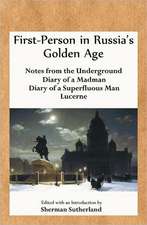
First-Person in Russia's Golden Age
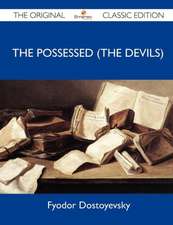
The Possessed (the Devils) - The Original Classic Edition

A Raw Youth (or the Adolescent)

The Gambler (Aziloth Books)

The Double (Aziloth Books)

The Best Short Stories of Fyodor Dostoyevsky

Poor Folk - The Gambler

Poor Folk (Clear Print)

Netochka Nezvanova
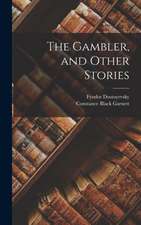
The Gambler, and Other Stories
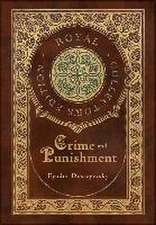
Crime and Punishment (Royal Collector's Edition) (Case Laminate Hardcover with Jacket)

Crime and Punishment (Deluxe Library Binding)
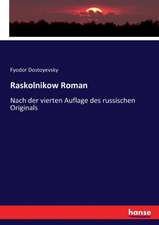
Raskolnikow Roman
- 1
- 2